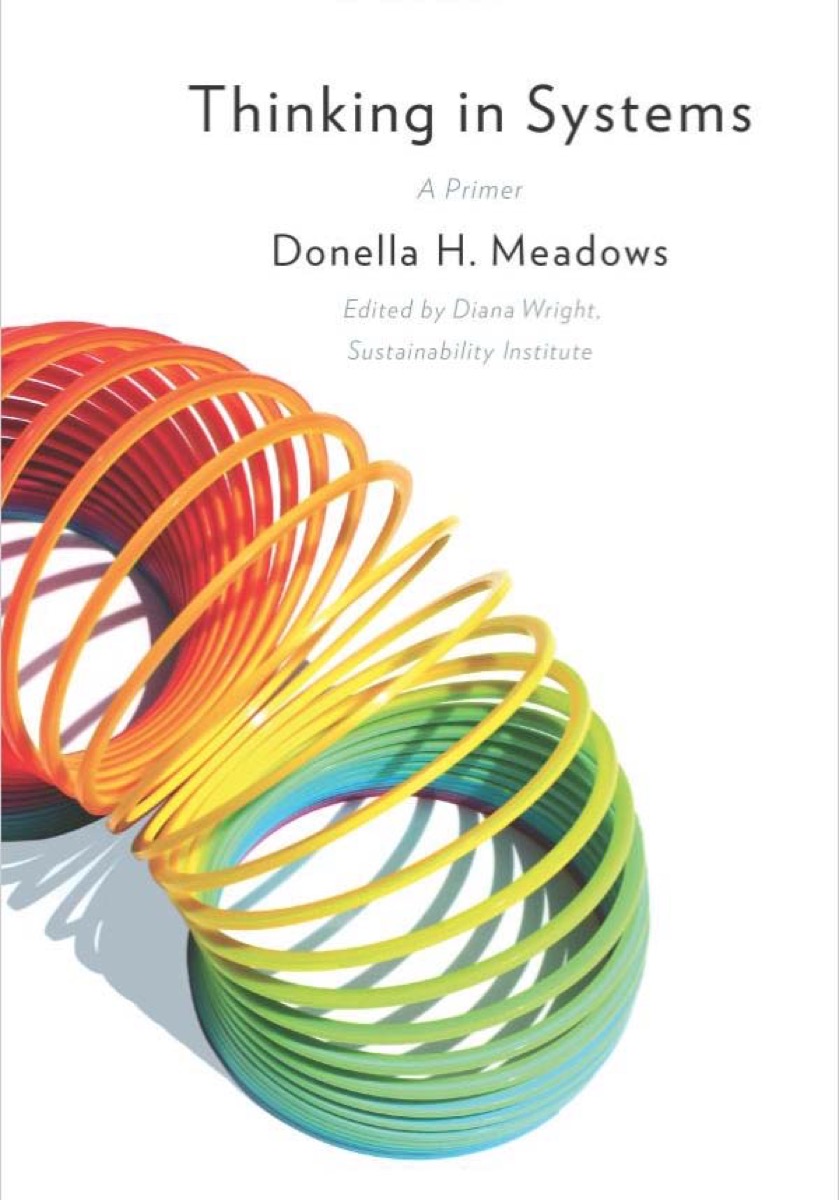An Urgent Need for Understanding
language as articulation of reality
It would be wrong to assume that everyone has the same interest in resolving ambiguity. A lot can be hidden in the shadows cast by vague and uncertain terms. Equivocation can be an effective tactic for protecting turf. Unilateral change to an agreement can surface as a result of shifting interpretation of words; ambiguity can camouflage an ambush in waiting.
Beyond Pathological Culture
The most ingenious systems modeling will break on the rocks of pathological culture. Counter-productive cultural is one of them most difficult problems that organizations face. We don’t propose to boil that ocean, but we can easily make a significant contribution by calmly insisting on clarity on what is meant by the words we use to model business process. Drying out ambiguity in language can help move us beyond the reach of pathological culture.
Authoring successful service specifications depends a lot on a disposition by the key parties involved to collaborate honestly toward achieving mutually beneficial outcomes. The alternative is specification-as-legal-contact, where much of the potential can leak away, while one party or the other claims adherence to the letter of the law as proof that they’re following the plan.
If we really are committed to obtaining more favorable outcomes, then we first we need to make a commitment to dry out the ambiguity in what we mean with the words we use, to agree on stable taxonomies of concepts, useful in working toward a shared understanding.

Language Precedes Strategy
The language and information systems of an organization are not an objective means of describing an outside reality. They fundamentally structure the perceptions and actions of its members. To reshape the communications systems of an organization is to reshape all interactions at the most fundamental level.
Language, as articulation of reality, is more primordial than strategy, structure or culture. An organization that talks incessantly about capacity planning, but hardly understands, much less uses, the word resilience, is going to become increasingly aware of capacity planning, but not resilient.
— Donella Meadows
Tyrannese

My perception is that we have seen for perhaps a hundred and fifty years, a gradual increase in language that is either meaningless or destructive of meaning, and I believe that this increasing unreliability of language parallels the increasing disintegration, over the same period, of persons and communities.
In this degenerative accounting, language is almost without the power of designation, because it is used conscientiously to refer to nothing in particular. Attention rests upon percentages, categories, abstract functions. It is not language that the user will be very likely be asked to stand by or to act on, for it does not define any personal ground for standing or acting. Its only value is to support with expert opinion, a vast, impersonal, technological action already begun. It is a tyrannical language: ‘Tyrannese’
— Wendell Barry

The attempt to discern services within a process starts with the analysis, seeking to identify the parts: dependencies and interactions. Remember that the eye sees only what the mind prepares it to see.
Clarity of concept clears the devil from the details.
— Majid Iqbal
A commitment to clarity implies a pledge to truthfulness. Ascribing definite meaning to words frees us from uncertainty and allows us to know that what is said has been understood, forming a bond of common understanding. Is that too much to ask? In the immortal words of Jethro Tull:
… such an overwhelming responsibility!
If we are to have any hope of discerning Services in a world of such open, complex, dynamic and networked problems, nearly impervious to solution, then we are going to need some powerful magic in the form of unambiguous language.
Hugo Jehanne — "Signal Flare"

Let's agree to define productivity in terms of throughput. We can debate the meaning of productivity in terms of additional measurements of the business value of delivered work, but as Eliyahu Goldratt pointed out in his critique of the Balanced Scorecard, there is a virtue in simplicity. Throughput doesn’t answer all our questions about business value, but it is a sufficient metric for the context of evaluating the relationship of practices with productivity.